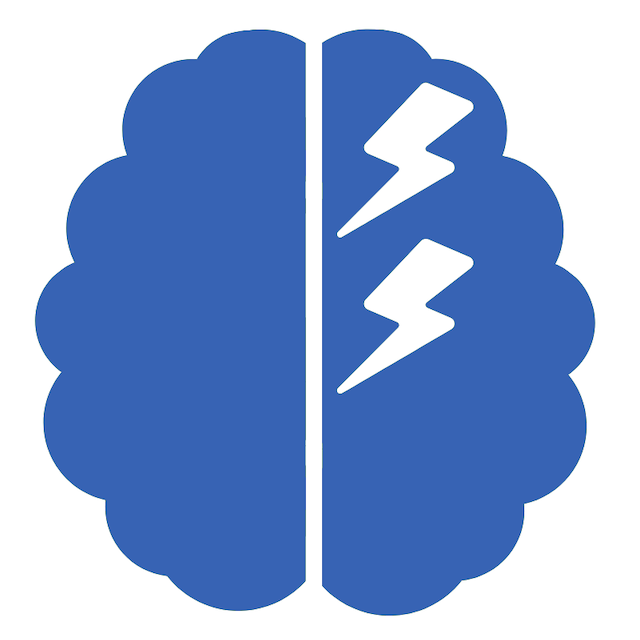A brain injury can affect every aspect of your life, from your relationships and ability to work to your memory and speech. The effects of a brain injury may seem impossible to overcome–but there is hope.
Cognitive Remediation Therapy is a new, evidence-based form of therapy that can significantly improve brain injury symptoms. People who use Cognitive Remediation Therapy see significant improvements in critical areas that can lead to better outcomes and quality of life.
If you or someone you love live with a TBI, learning more about the benefits of Cognitive Remediation Therapy can help you make informed choices about your care.
What is Cognitive Remediation Therapy?
Cognitive Remediation Therapy is an evidence-based approach to improving the lives of people who live with a brain injury. This therapeutic approach uses practices proven to improve cognitive functioning by helping people overcome cognitive challenges.
In Cognitive Remediation Therapy, practitioners develop an individualized plan to help people meet their unique goals. Treatment plans incorporate cognitive training, mindfulness, aerobic exercise, and progress tracking.
Exploring the Four Pillars of Cognitive Remediation Therapy
Four pillars of cognitive brain training work together to improve various aspects of a person’s life after brain injury.
Cognitive training
People in Cognitive Remediation Therapy work through a series of exercises designed to help people improve their cognitive functioning. These cognitive programs help create new pathways in the brain and build cognitive capacities. People often experience:
- Better organization
- Improved ability to set and work toward goals
- Better verbal reasoning and memory
- Improved verbal retrieval
- Increased self-awareness
Progress tracking
Progress tracking allows facilitators to monitor a patient’s progress, adjust a treatment plan as needed, and provide more personalized patient care.
Mindfulness
Mindfulness practices help to reduce the fatigue that is common with brain injury. It can also reduce anxiety, depression, and perceived pain.
Aerobic exercise
Research suggests that exercise can positively impact people’s mood and self-esteem. Cognitive Remediation Therapy uses regular aerobic exercise to reduce depressive symptoms, regulate anxiety, and improve cognitive recovery.
How Long is a Cognitive Remediation Therapy Program?
The Hartman Center offers three levels of transformative Cognitive Remediation Therapy programs.
Essential: Designed to address the needs of people with a concussion and mild to moderate brain injury. Patients commit to treatment 2 hours per day, three days a week, for two months. Patients have the option to extend treatment for an additional 2-3 months.
Integrative: Customized care for a range of brain injuries, including concussion, ABI, and TBI. Patients commit to treatment 2 hours per day, three days a week, for two months with the option to extend care for an additional 2-3 months.
Intensive: Comprehensive care for people with moderate to severe TBI and ABI. People engage in 5 hours of treatment per day, four days per week, for two months with the option to extend treatment for an additional 2-3 months.
What are the Benefits of Using Cognitive Remediation Therapy After a Brain Injury?
Cognitive Remediation Therapy can help people recover more of their cognitive functioning and improve critical aspects of their overall functioning and well-being.
The combination of evidence-based therapies can lead to the following:
- Improved speech
- Better information processing
- Improved executive function
- Better comprehension
- Improved memory
- Enhanced learning
These improvements can help people maintain better interpersonal relationships, return to work, experience less depression and anxiety, and have a better overall quality of life.
